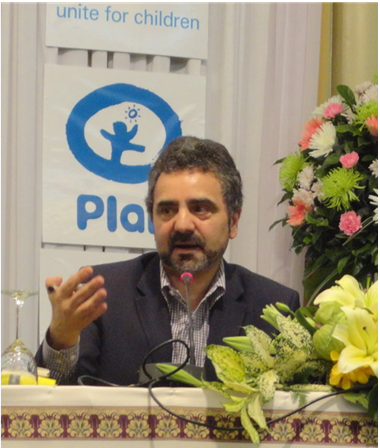
by Dr Joseph Lo Bianco
This talk will discuss links between language, and specifically multilingualism, and social conflict, violence and disruption of the civil order. While many of the examples and evidence will be drawn from Asian settings, and an account given of the Language, Education and Social Cohesion initiative of UNICEF, and related activities of UNESCO, links will be made with European settings of contemporary challenges to social cohesion. It will be argued that while historians, social scientist of different kinds, sociologists and many educators, including language educators, fail to see the relations between questions of language and the social order close examination of social conflicts, and a non-reductive understanding of language, reveals deep links between them. Language conflicts however are much more amenable to resolution, through research and dialogue, than other causes of social disorder. The talk will trace ways in which effective education practice focused on maximising learning, and overcoming intergenerationally inherited language based disadvantage, including robust roles for assessment, can make a powerful and distinctive contribution to social cohesion.
What are some of the key issues surrounding the conference theme that you hope will be discussed?
Learning and assessment are often understood, in practice if not in theory, as pulling in different directions. Learning is conceived typically as an organic, relatively unfocused, learner centred process and assessment as a formalistic, programmatic intervention that has more to do with accountability than with learning. Each characterisation is, of course, a simplification, and when we probe more deeply we see that they are (or can be) organically connected on a continuum of learning, teaching, monitoring and assessment.
Of course, I am not saying that there are only differences of degree between the notions of learning and assessment, but I think it is more creative and productive to explore what links them. When we do this we understand that they are aligned on this continuum and that we can indeed ‘make connections’ between teaching in general, and learning in particular. In my view, learning must be the prior aim of all educational practice with assessment an essential component, making that part of learning which is public and institutional, effective, reliable, and available for scrutiny and improvement by learners, teachers and (of course) by education authorities. As a language planner, I see these connections from the point of view of the overall language capabilities of young people - future citizens - and therefore of their economic and civic life.
Your plenary presentation will talk about the links between language policy and social cohesion - why is an understanding of this dynamic so important to all conference delegates?
It is of crucial importance to the wider context in which we all live, that the environment of social relations we take for granted makes possible any kind of educational and assessment practice – and we take this social cohesion for granted at our cost. I often work in very conflicted situations, and when I travel to relatively peaceful areas I want people to understand how fragile this apparent cohesion is, how easily it can fray, and how devastating the consequences could be. Language and public discourse are fundamental to continuing social cohesion to the building of resilience. I will try to connect these factors with the conference theme, drawing on my professional experience of language policy and planning, and ask delegates to look beyond their own field to what I call the ‘social envelope’ within which all educational practice occurs.
From a professional perspective, what can delegates gain from attending the Conference? And from a personal perspective, what are you looking forward to most about the event?
I believe and hope that delegates will find the links I make credible and persuasive, showing that teaching, learning and assessment are all associated with the broader reality of social relations, and the connections with ALTE and its work. From a personal perspective, I want to learn more about the work of ALTE professionals; I am not an assessment specialist but I recognise that sensitive and appropriative, professionally-informed assessments and assessment regimes are vital to the effective operation of systems, to learning and teaching, and to the social equity outcomes that flow to social cohesion as I previously explained.

Professor of Language and Literacy Education, Melbourne Graduate School of Education, University of Melbourne, Australia
Professor Lo Bianco wrote Australia’s National Policy on Languages in 1987, the first multilingual national language policy in an English speaking country, and was Chief Executive of the National Languages and Literacy Institute of Australia until 2002. His language policy advice was used at the Sydney, Athens and London Olympic Games, and by many countries including South Africa, Hawaii, Italy, and by Pacific Island countries. Among his many roles, since 2011, he has been senior research advisor for LUCIDE, a European Commission project on Languages in Urban Communities - Integration and Diversity for Europe, and in 2012, became Research Director of the UNICEF Language and Peace Building Initiative in Malaysia, Myanmar and Thailand. In 2014, he was appointed academic advisor to the National Research Centre for Foreign Language Education at Beijing Foreign Studies University, and is also Immediate Past President of the Australian Academy of the Humanities, the first educator elected to this role. He is also the author of 130 publications.